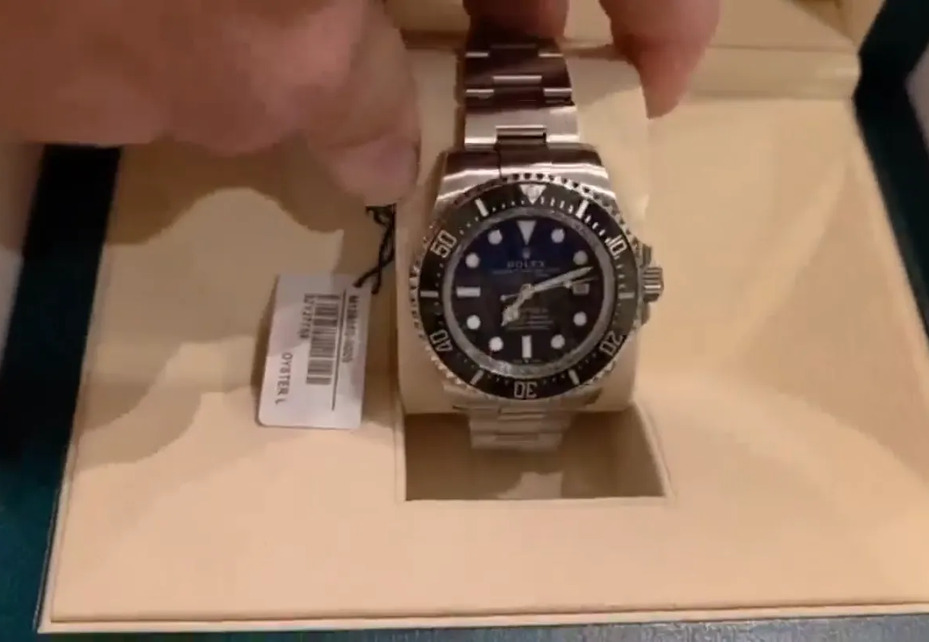
When Alexander Ovechkin skated onto the ice before facing Pittsburgh, it wasn’t just another game—it was a moment dripping with symbolism. Draped around his wrist, a gleaming timepiece whispered of legacy, a tangible trophy for a career spent rewriting record books. The watch, a gift from longtime pals Sidney Crosby and Evgeni Malkin, wasn’t just jewelry; it was a metallic standing ovation.
"A hell of a present from my brothers Sid and Geno! Cheers, boys!" Ovechkin grinned in a video, holding up the watch like Excalibur pulled from hockey’s sacred ice. The gesture transcended rivalry—proof that even warriors in opposing jerseys recognize greatness when it stares them down, stick in hand.
This wasn’t merely about telling time. It was about freezing it. Each tick echoed his 800+ NHL goals, a symphony of slapshots immortalized in gears and gold. The watch face might as well have been a miniature Stanley Cup, polished by years of broken defenses and roaring crowds.
Yet, the narrative around Ovechkin remains as layered as a Russian winter. Weeks earlier, cameras caught him in a casino, beer in hand, surrounded by teammates—a king off his throne after Washington’s early playoff exit. The scene, cordoned off like a VIP exhibit, sparked debates: was this a champion’s respite or a legend leaning into twilight?
Consider the duality:
Perhaps both truths coexist. The watch now ticks as a compass—pointing simultaneously to past glory and whatever audacious chapters remain. For Ovechkin, time has always been a plaything, bent to his will one goal at a time.
















